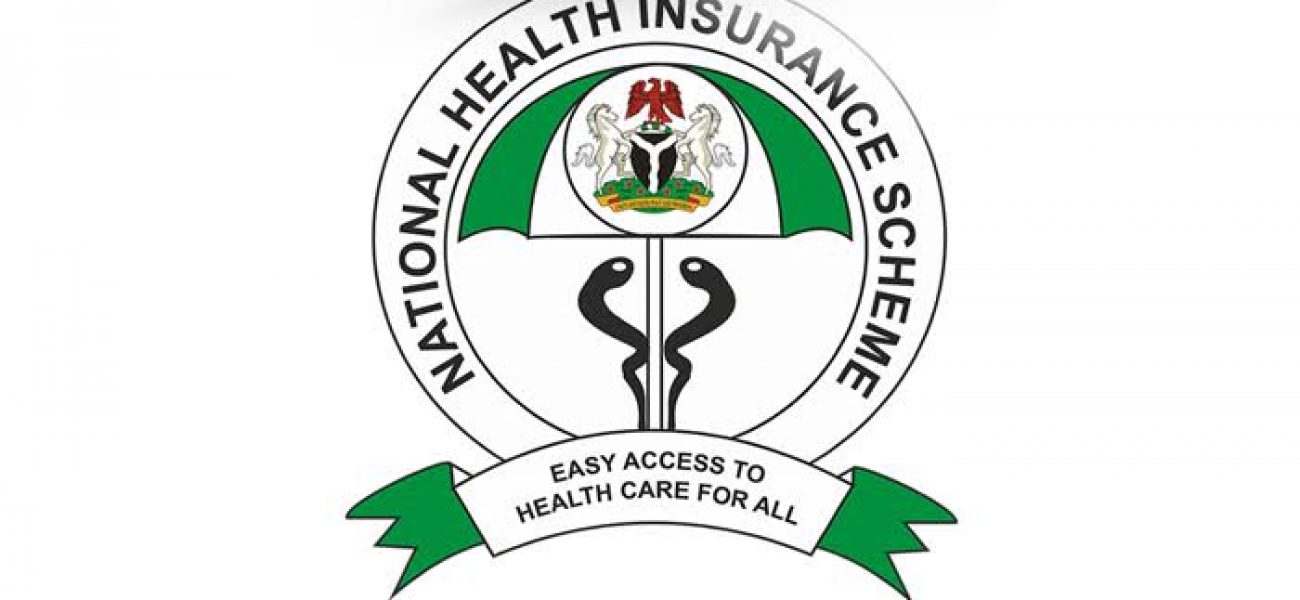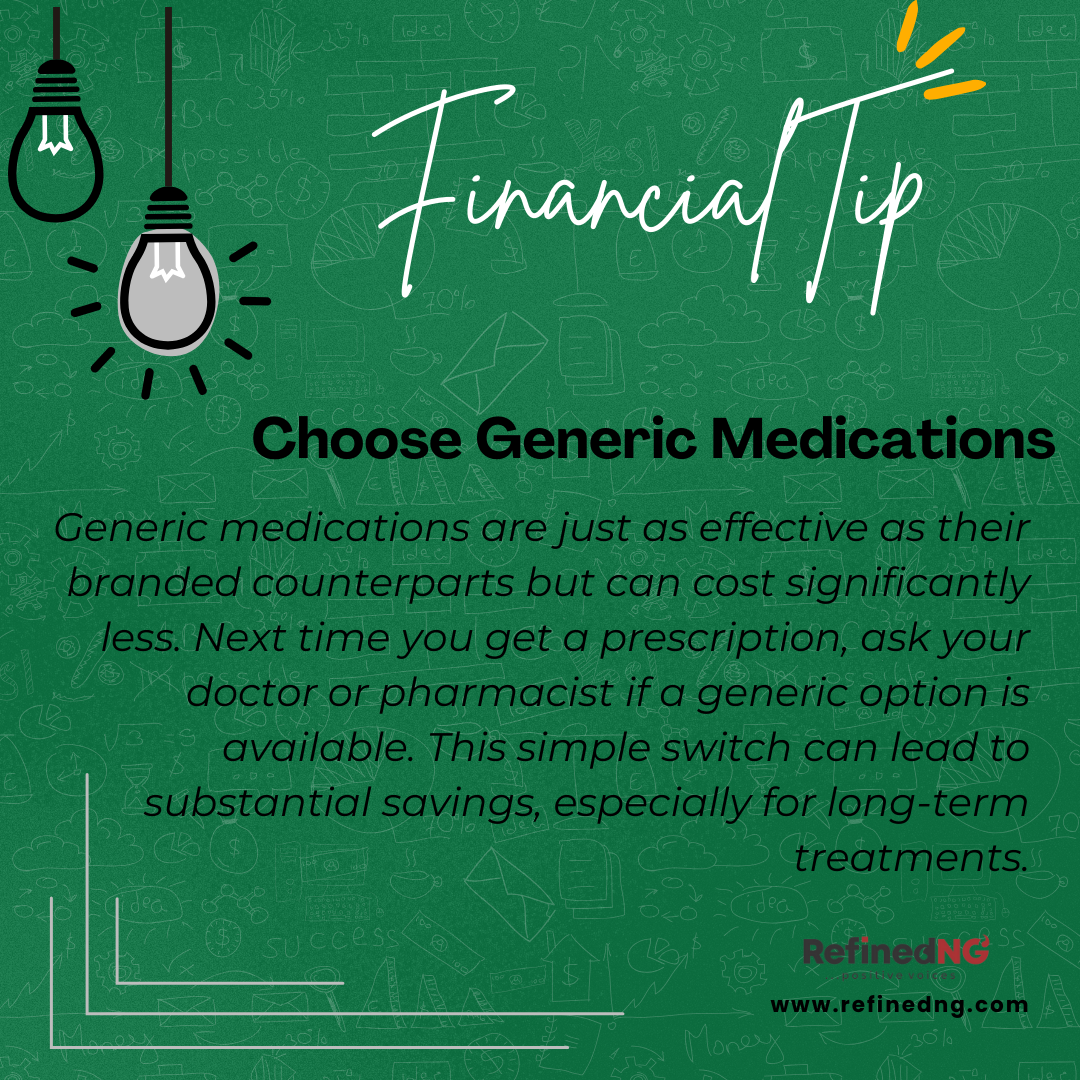
In the heart of Africa, the cost of health care can be a significant burden for many families. From Lagos to Nairobi, people often face the challenge of balancing quality medical care with their financial capabilities. However, navigating these expenses effectively is possible with the right knowledge and strategies.
Let’s explore practical ways to save on medical costs while ensuring you and your loved ones receive the care you deserve.
1. Embrace Preventive Care
As they say, prevention is better than cure. Investing in preventive measures can save you significant costs in the long run. Regular check-ups, vaccinations, and a healthy lifestyle can prevent the onset of serious health issues. For instance, maintaining a balanced diet rich in local fruits and vegetables, staying active, and avoiding harmful habits like smoking can significantly reduce your risk of chronic diseases.
2. Use Health Insurance Wisely

Health insurance is not just for emergencies; it can be a vital tool for managing everyday medical expenses. The National Health Insurance Scheme (NHIS) provides various packages tailored to different needs in Nigeria. Familiarize yourself with what your insurance covers and use it for regular check-ups, diagnostic tests, and prescribed medications.
Additionally, many private insurers offer comprehensive plans that can cover a wide range of services, often cheaper than paying out-of-pocket.
Read: 10 Common Health Myths That Are Not True
3. Choose Generic Medications
Generic medications are pharmaceutical drugs that contain the same active ingredients as their brand-name counterparts but are typically sold at a lower cost.

Generic drugs are often significantly cheaper than their branded counterparts and are just as effective. Always ask your doctor or pharmacist if a generic version of your prescription is available. This simple switch can lead to substantial savings, especially for long-term treatments.
4. Utilize Government and Community Health Services
Many African countries, including Nigeria, provide government-funded health services that are either free or low-cost. These services often include vaccinations, maternal and child health programs, and treatment for common illnesses. Additionally, community health centers and non-profit organizations can offer affordable or even accessible medical care for those in need.
5. Shop Around for Medical Services
Not all medical services are priced equally. It pays to shop around. Compare prices for consultations, lab tests, and procedures at different clinics and hospitals. Sometimes, smaller clinics or government hospitals may offer the same quality of care at a fraction of the cost charged by private hospitals.
6. Negotiate and Ask About Payment Plans
Don’t be afraid to discuss payment options with your healthcare provider. Many hospitals and clinics are willing to offer discounts or payment plans to make treatments more affordable. Be open about your financial situation and ask if any flexible payment arrangements are available.
7. Educate Yourself and Advocate for Your Health
Knowledge is power. Stay informed about common health issues and their treatments. Understanding your health conditions and treatment options can help you make informed decisions and avoid unnecessary expenses. Additionally, always feel free to ask your healthcare provider questions about the necessity and cost of proposed treatments.
Read: Why You Should Start a Retirement Savings
8. Leverage Telemedicine

Telemedicine has become increasingly popular and can be a cost-effective way to access medical advice and consultations. Many healthcare providers offer online consultations, saving you the time and money spent on travel. This is particularly beneficial for routine check-ups and follow-up consultations.
Navigating healthcare costs in Nigeria and across Africa requires a proactive and informed approach. You can significantly reduce your medical expenses by embracing preventive care, utilizing health insurance, opting for generic medications, and leveraging community health services. Remember, your health is an investment, and with the right strategies, you can ensure it doesn’t become a financial burden.
By making smart choices and staying informed, you can protect your health and wallet, ensuring that you and your loved ones receive the care you deserve without undue financial stress.
